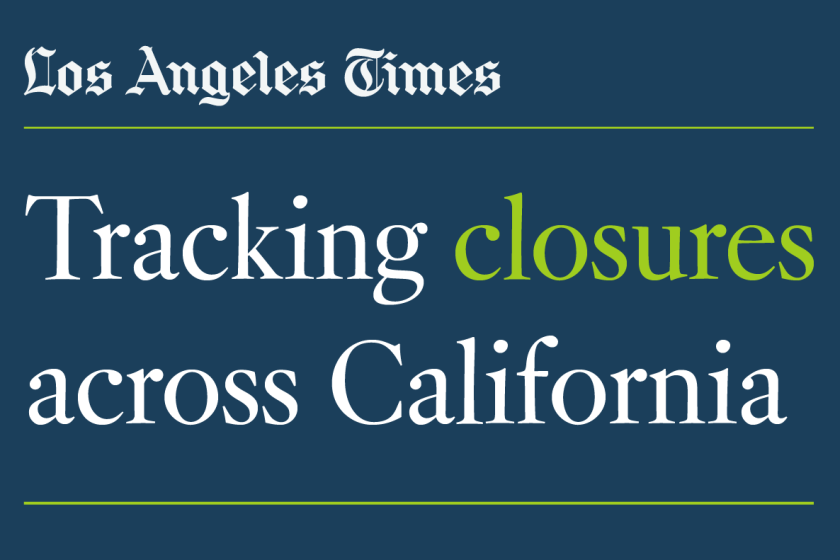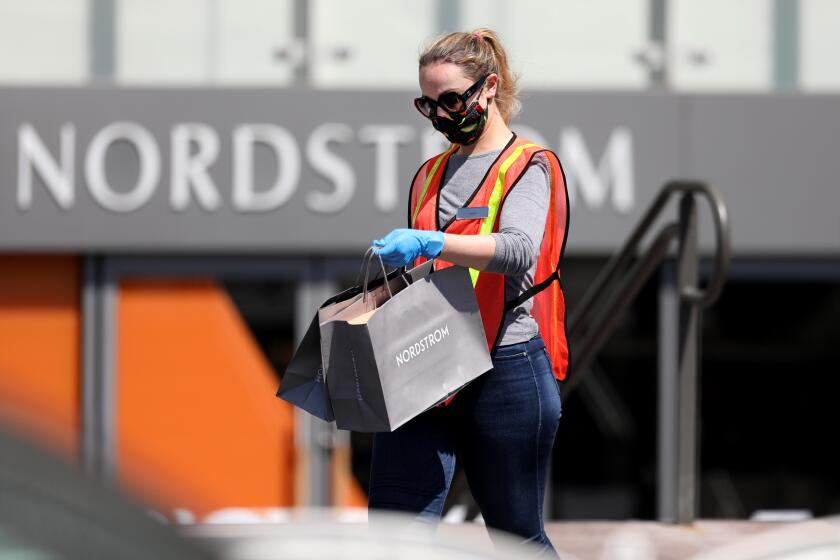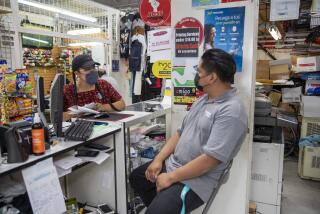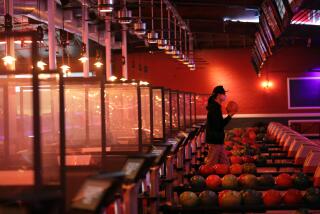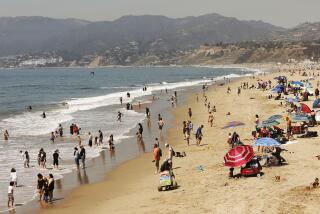As California reopens, officials hope social distancing prevents new coronavirus outbreaks
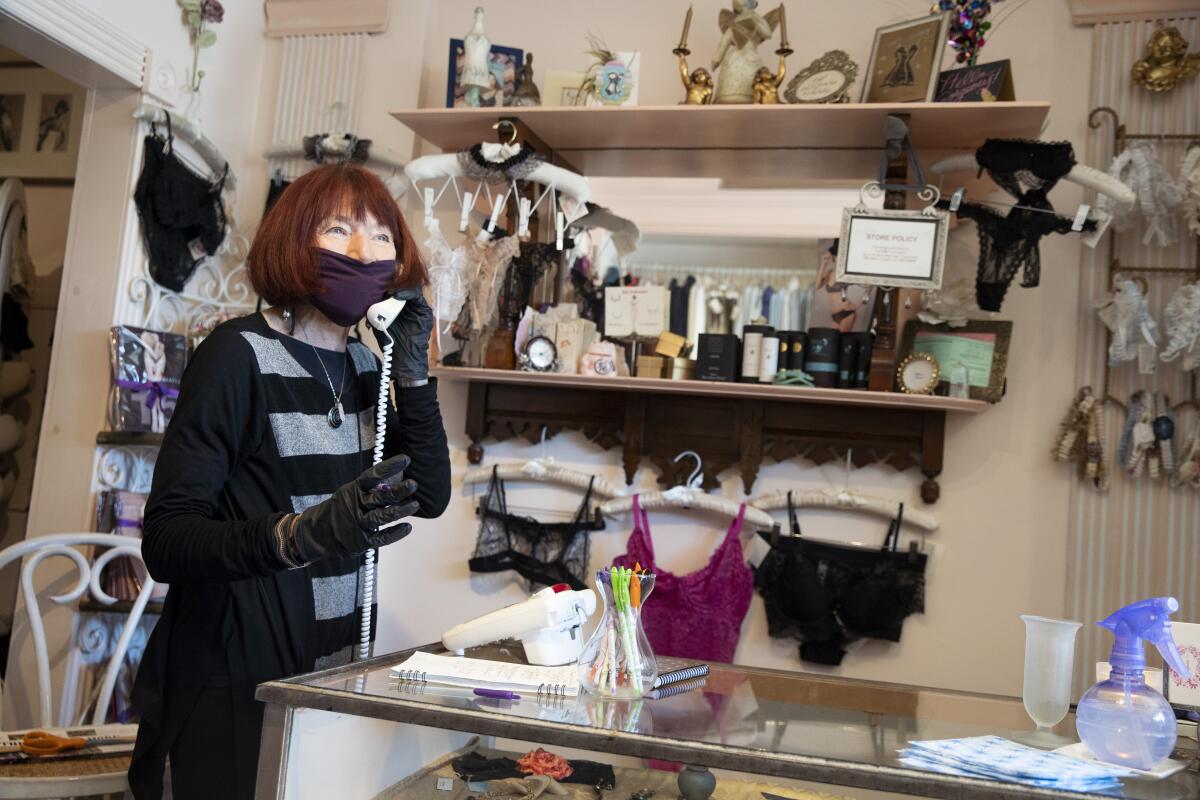
SAN FRANCISCO — More of California was reopening Monday as coronavirus restrictions continued to be eased in the state, with hopes the changes will help the economy without causing a rise in new cases.
At least three Bay Area counties — San Francisco, San Mateo and Marin — plan to incrementally ease their social-distancing restrictions starting Monday.
They join many other counties across California — including Los Angeles — that are allowing curbside service at some retailers. Officials hope physical distancing rules will allow the businesses to reopen without creating new public health problems. In large counties in both Southern California and the Bay Area, malls as well as nonessential offices remain closed.
To contain the spread of COVID-19, parks, restaurants and stores are slowly reopening.
San Francisco Mayor London Breed announced last week that all curbside retailers would be allowed to reopen as of Monday for pickup and delivery.
She had cautioned for weeks that San Francisco would be slow to reopen. But at a news conference Wednesday, she said the city’s next phase meant that 95% of San Francisco’s retailers would be allowed to open starting Monday. Warehouses and manufacturers also are allowed to reopen, but the city has imposed a limit on the number of employees allowed in each business.
“We do see the numbers flattening,” Breed said. “They have not declined, but the fact is, we are in a better place.” She said hospitalizations for COVID-19 remained flat, and hospital capacity was stable.
Retailers open for curbside pickup are allowed to have no more than 10 employees on site; if the store is small, no more than five. Manufacturers and warehouses may have no more than 50 workers on site, said Dr. Grant Colfax, director of health for the city.
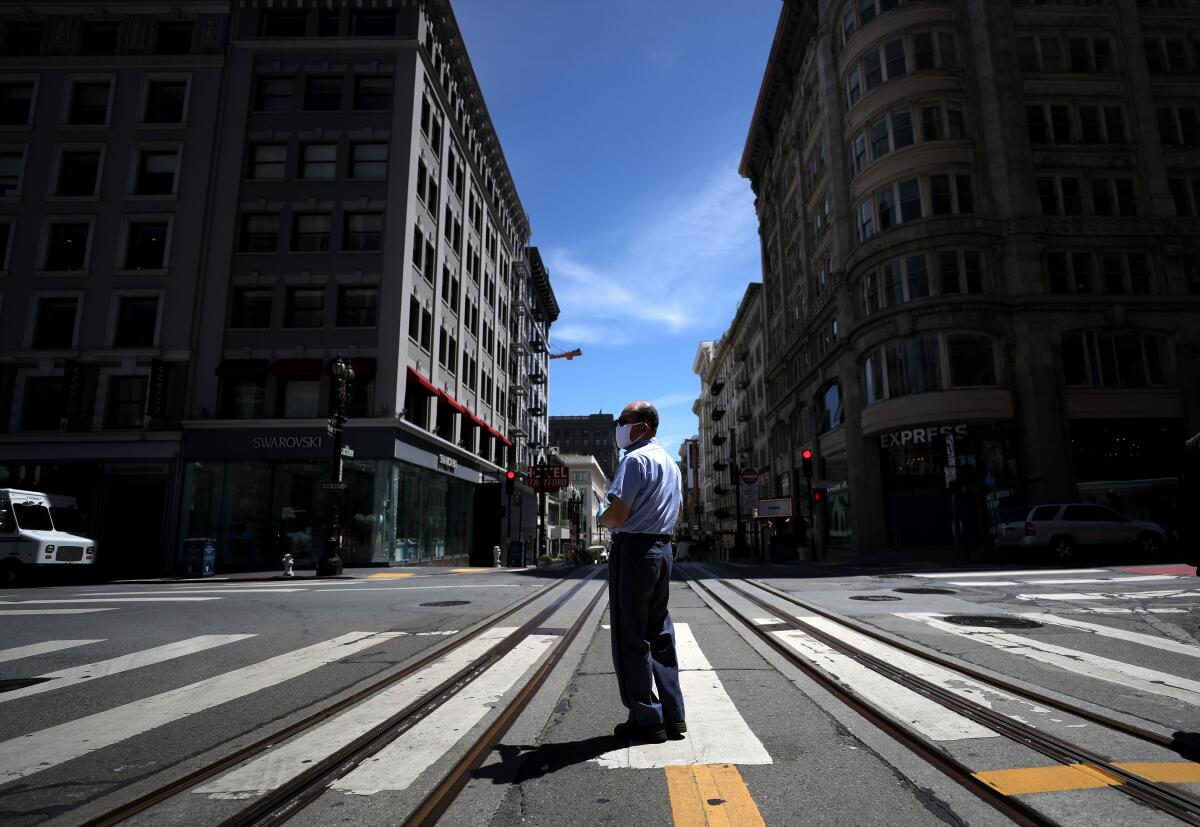
All open businesses must ensure social distancing, mask-wearing and have in place a health and safety plan, he said.
San Mateo County officials said conditions had improved enough to modify the stay-at-home requirements.
“I want to remind everyone these modifications are not being made because it is safe to be out and about,” Scott Morrow, the county’s public health officer, said in a statement. “The virus continues to circulate in our community, and this increase in interactions among people is likely to spread the virus at a higher rate.”
Santa Clara County, Northern California’s most populous county, will join the rest of the San Francisco Bay Area in moving into Phase 2 of Gov. Gavin Newsom’s reopening plan, allowing for curbside pickup at many retail stores.
Health officers in the Bay Area said they have seen a number of positive signs since the last loosening of stay-at-home orders executed on May 4, which allowed all construction and certain businesses that primarily do work outdoors, like gardening and landscaping, to resume.
Los Angeles-area businesses this weekend began to figure out the new normal while reopening amid the coronavirus. Here is a snapshot of how it went.
Businesses around the Los Angeles area this weekend began to figure out what the new normal looked like as restrictions were eased. Curbside pickup was allowed, but social-distancing rules required that the public not enter stores that didn’t provide essential services such as food and medicine.
At the Original Farmers Market in Los Angeles, Kip’s Toyland reopened with only one worker per shift as coronavirus stay-at-home orders finally eased a bit.
The store was not allowing anyone inside Saturday, but that didn’t stop customers from trying.
“We have had a surprising amount of people that have actually come up to the door even though we’ve been trying to do mainly phone orders,” employee Eli Margolis said, “so I’ve been doing this kind of crazy thing of having to run around the whole store and show them something they might like.
“It was kind of difficult. But that’s on me to kind of figure out and make suggestions.”
Margolis said there had been four customers at the retro toy shop by early Saturday afternoon. He sold some puzzles, a hobbyhorse and the Sorry! board game.
“For the most part, I think it’s still kind of this weird stagnant period right now, especially with everyone still trying to refigure out — especially stores like us trying to redo our whole game plan and figure out how to kind of function in this new world,” he said. “It’s strange for sure.”
Other retailers said it would take time to figure out this new moment.
“It doesn’t feel normal,” said Donna Tabut, assistant manager of Book Alley in Pasadena. “We’re primarily a used-books store. A lot of customers, they like to look at the book.”
Browsing is a key part of the store’s business model, she said.
“Someone will come in, they can’t find the book that they were looking for, and they’ll come up to the register with 10 books that they weren’t expecting to find.”
Still, the store was taking orders through its website, as well as by phone and email. Customers were also able to walk up and look at the display window.
“As long as you’re six feet away from the store wearing a facial covering, we’ll try to assist you in whatever way we can,” Tabut said. “But we can’t allow anyone into the store at this moment.”
People from across and outside California have been driving hours to visit salons in Sutter and Yuba counties, open despite stay-at-home order.
Urban parts of California have been hit much harder than many rural areas, and some rural counties are reopening at a much faster clip than urban areas. As the state moves into what Newsom has deemed Phase 2 of its reopening plan, it has become possible for those regions less impacted by the coronavirus to go further in terms of reopening businesses, provided they meet certain criteria.
Nearly a third of California’s 58 counties have certified to the state that they have contained the spread of the virus, which allows them to reopen restaurants to dine-in service, as well as shopping malls and other businesses, Newsom said Thursday.
Those 19 counties are mostly in rural areas of Northern California with small populations. They represent about 4.5% of the state’s population and do not include urban centers such as Los Angeles or San Francisco.
The state is continuing talks with other counties that are trying to reopen to ensure they meet state standards for testing, hospital availability and numbers of coronavirus cases.
More to Read
Sign up for Essential California
The most important California stories and recommendations in your inbox every morning.
You may occasionally receive promotional content from the Los Angeles Times.
